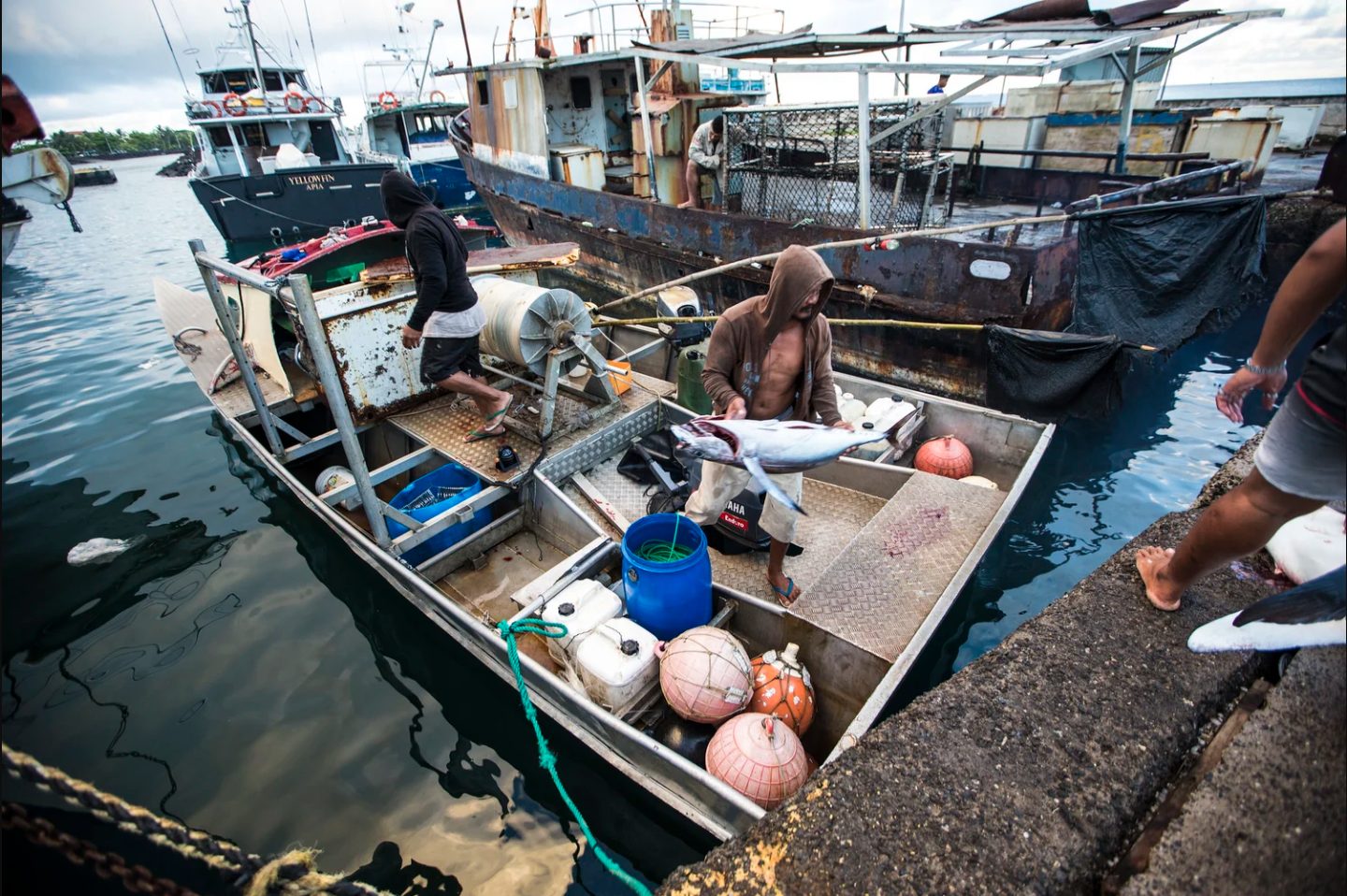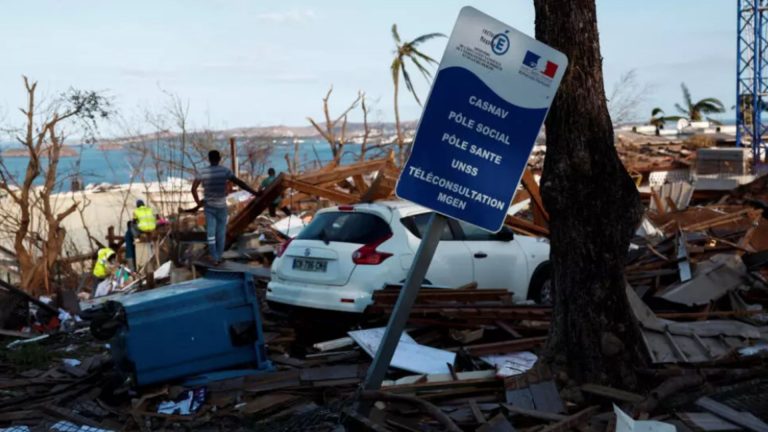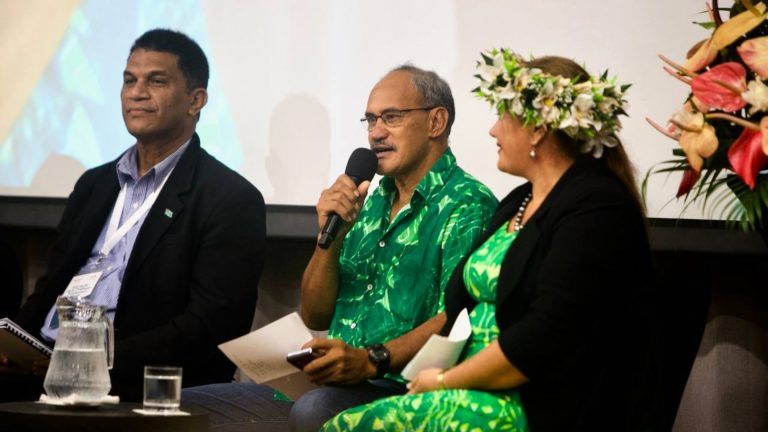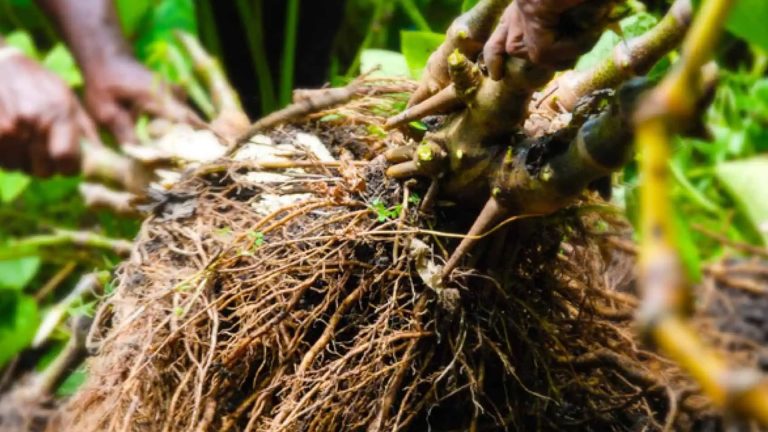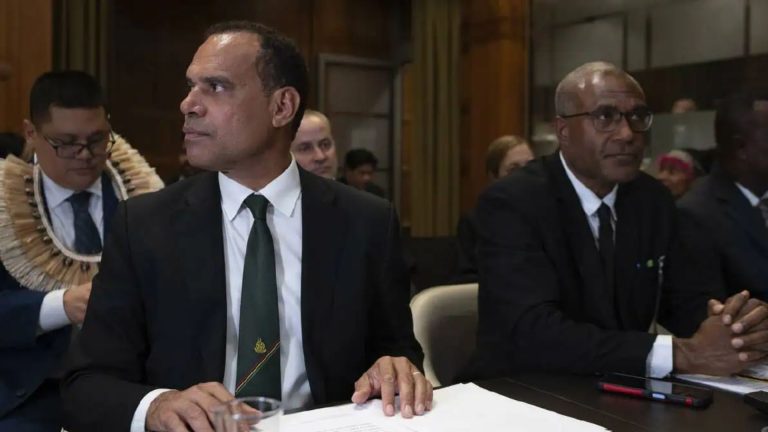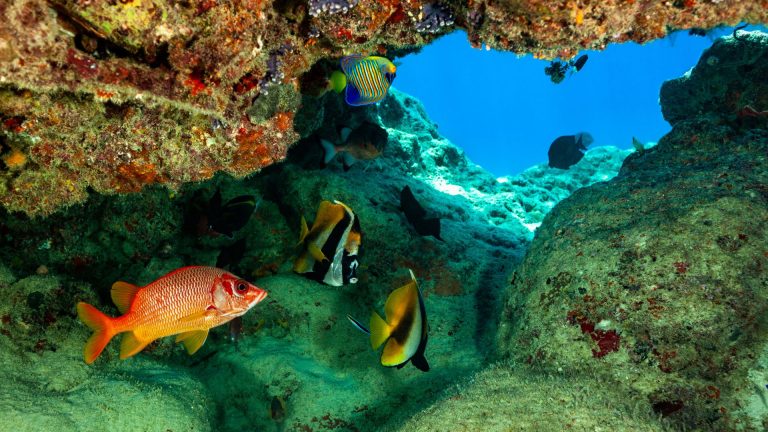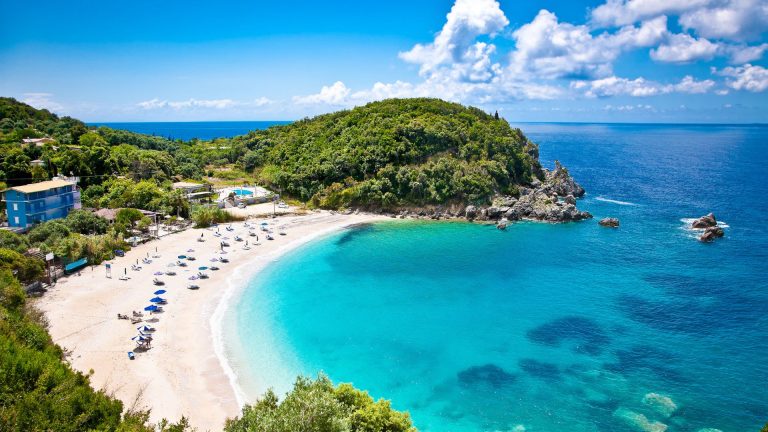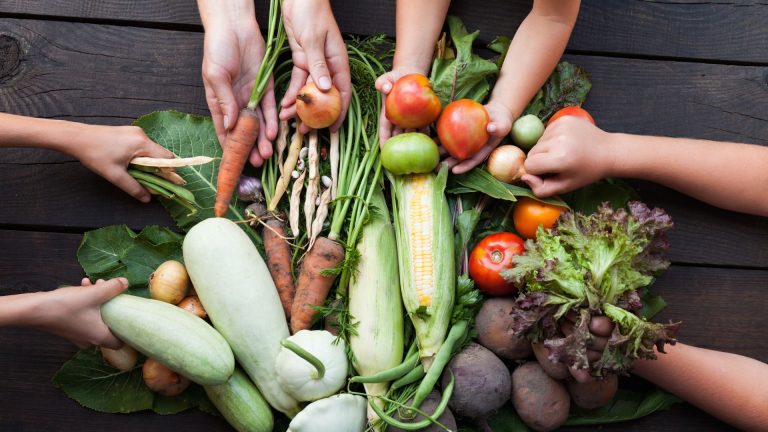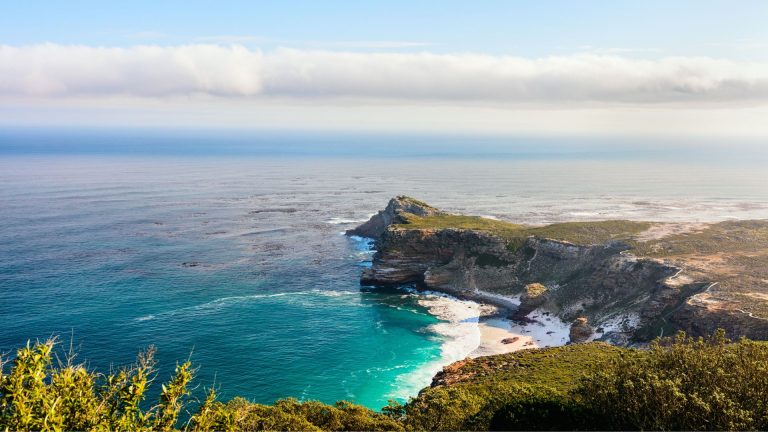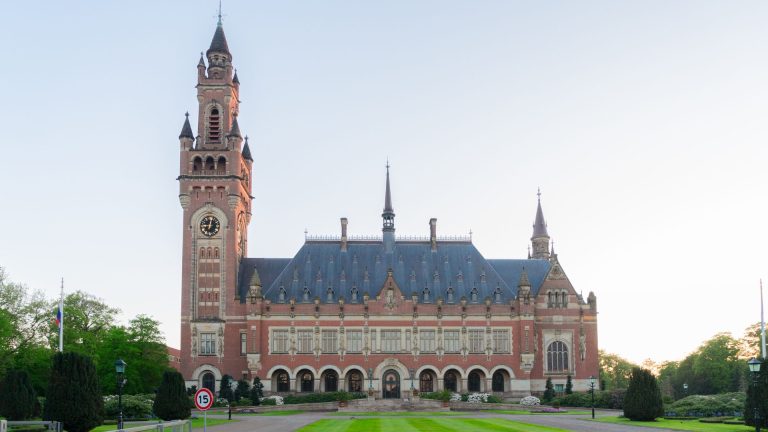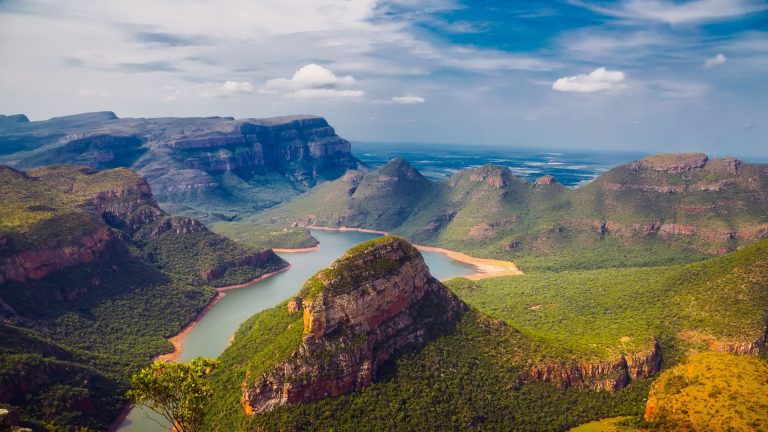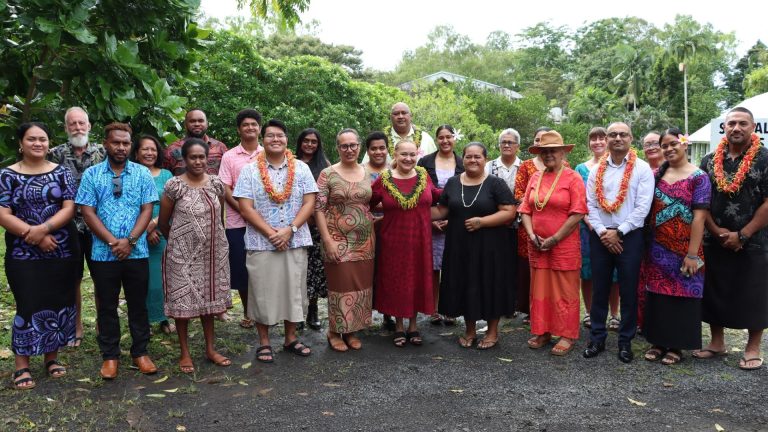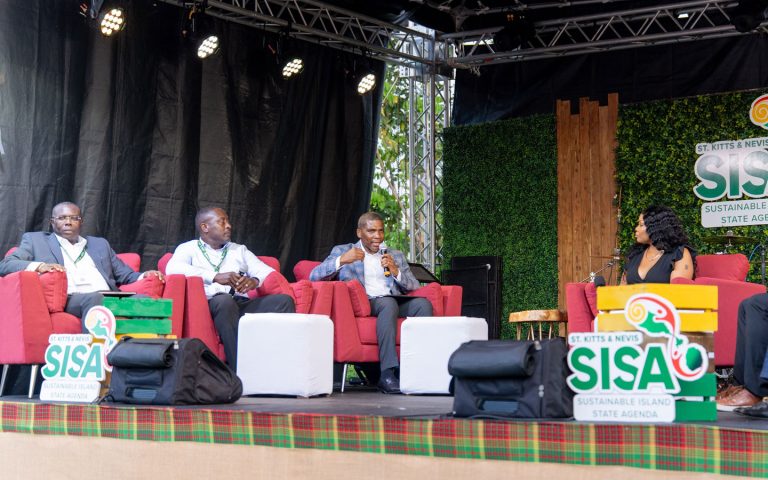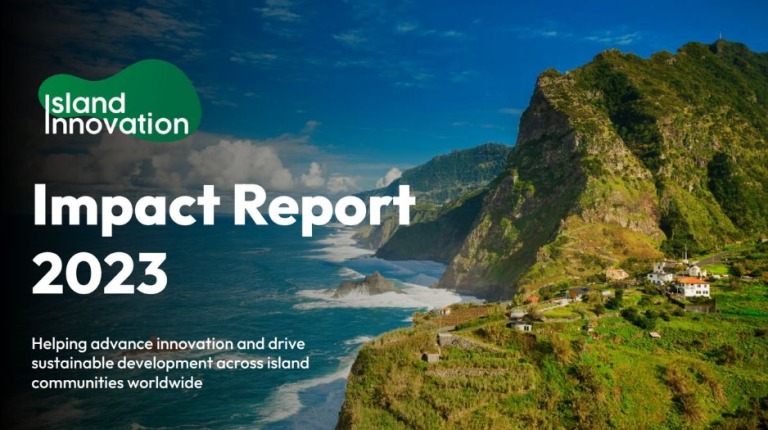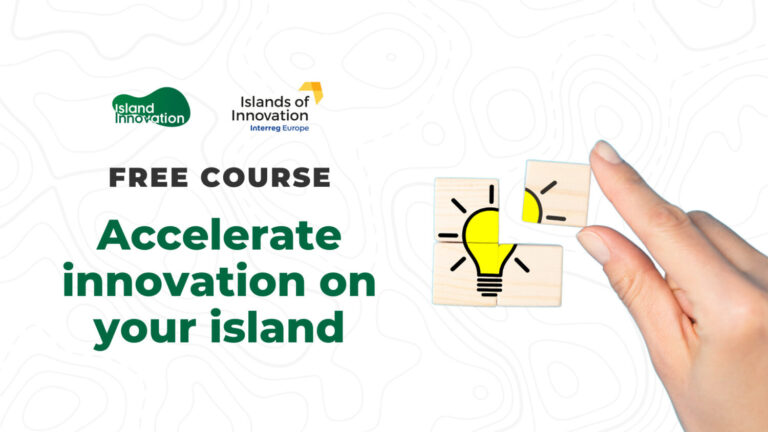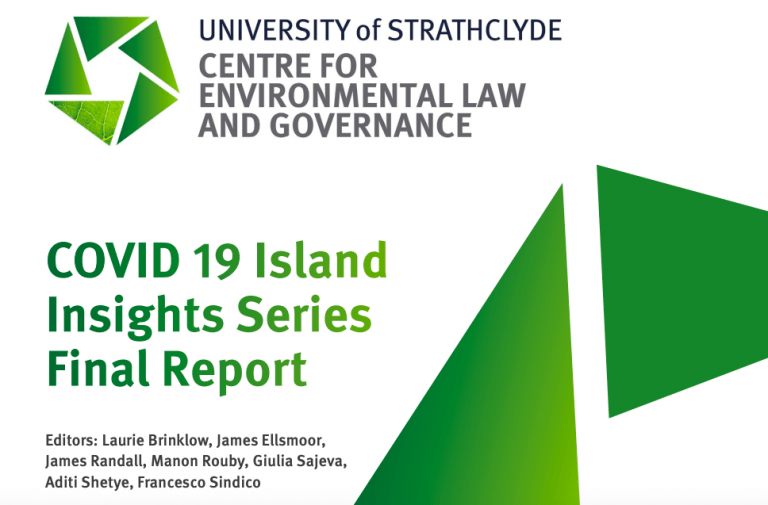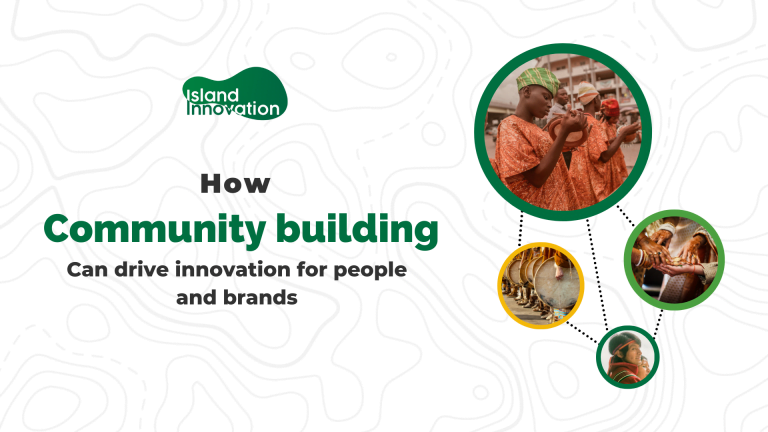Excerpt and Photo from undp.org
Samoa is on the frontlines of climate change, where extreme weather events are becoming an all-too-common reality. Cyclones, flooding, droughts, and rising sea levels are occurring more frequently and with greater intensity, resulting in devastating effects on people’s lives. According to the Samoan Ministry of Finance (Samoa 2040: Transforming Samoa to a higher growth path), Cyclone Evan in 2012 caused damages and losses amounting to 30 percent of GDP (US$203.9 million) and the recovery process took years. Rural communities, particularly those dependent on farming, were among the hardest hit, facing challenges that made rebuilding difficult. Vulnerable groups, including women, youth, and persons with disabilities, face even greater challenges when trying to recover from these events.
In Samoa, climate shocks have a disproportionate impact on farmers, fishers, and Micro, Small, and Medium Enterprises (MSMEs). MSMEs make up over 96% of all businesses in Samoa and are crucial to the economy, their role in driving economic growth and employment cannot be overstated. At the same time, agriculture remains deeply embedded in Samoan life. The 2019 Agriculture Census recorded 28,516 households, 94.3 percent (26,900) of these are agricultural households meaning they grew some crops or raised some livestock. Additionally, exports from agriculture and fisheries account for approximately 30% of the GDP. This highlights the importance of establishing strong support systems to improve resilience against climate-related disruptions in the agriculture sector, given its wider importance to Samoa’s economy and food security.
To address these challenges, Samoa Surety Insurance (SSI), partnered with the UN Capital Development Fund, through the Pacific Insurance and Climate Adaptation Programme (PICAP), to launch a parametric microinsurance product focused on protecting farmers, businesses and the country’s climate-vulnerable communities in October 2023. SSI’s pilot product provides coverage against cyclone/heavy winds usually experienced during the cyclone season from November to April.
PICAP is a multi-year Programme that is jointly implemented by UN Capital Development Fund (UNCDF), UN Development Programme (UNDP) and UN University- Institute for Environment and Human Security (UNU-EHS). The Programme is supported by the Governments of Australia, New Zealand and the United Kingdom and has a presence in Fiji, Tonga, and Vanuatu, Papua New Guinea, Solomon Islands, Kiribati, and Tuvalu. By leveraging lessons learned from these countries, PICAP aims to effectively support local partners in building a climate-resilient Samoa using parametric insurance.

